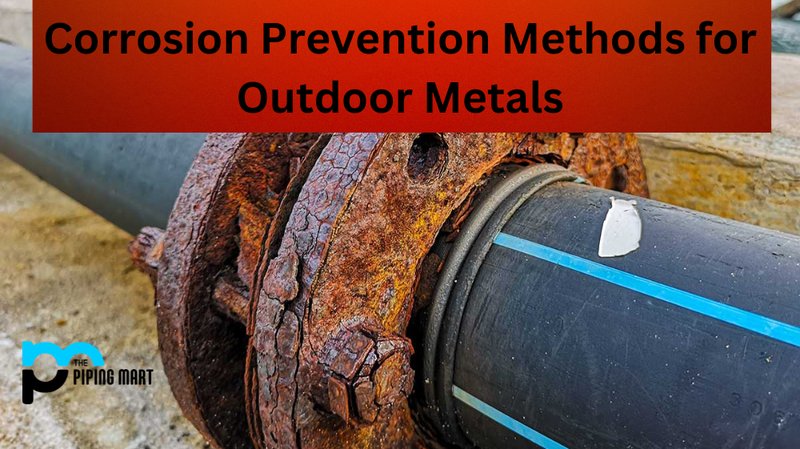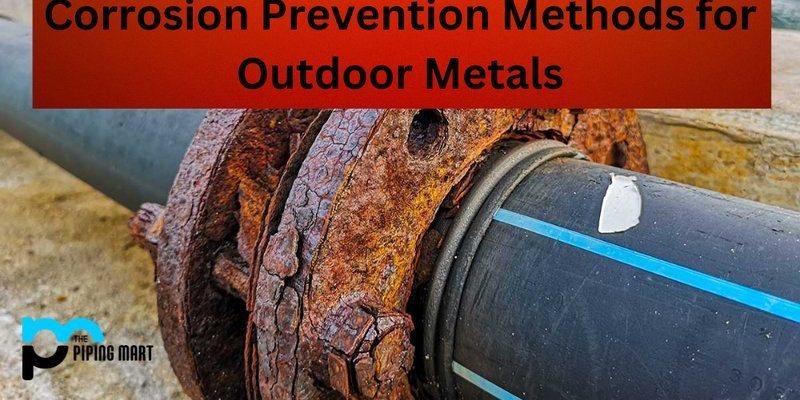
Corrosion happens when metals react with moisture in the air, leading to rust or tarnish. It’s like a slow creep that sneaks up on you. Sometimes, it might seem like only a minor issue, but corrosion can cause significant problems over time, making it harder to turn the knob or even getting stuck entirely. Thankfully, there are easy steps you can take to prevent this from happening. Whether you have shiny brass or sleek stainless steel knobs, each material requires some love and attention to keep them in perfect working condition.
Understanding Corrosion and Its Causes
Corrosion occurs when metals react with environmental elements, leading to deterioration. You’ve probably seen it on outdoor furniture left unchecked for too long, but it can happen indoors too. Factors like humidity, temperature changes, and even dust can contribute to corrosion on your door knobs. Here’s why it matters: not only does corrosion affect appearance, but it can also impact functionality.
Types of Metals and Their Susceptibility
Different metals react differently to corrosion. For instance, brass knobs may develop a greenish patina over time, while chrome finishes may get dull or pitted. Understanding which material you have can help in selecting the right prevention methods. If you’re uncertain about what metal your knobs are made of, a quick touch or visual check can reveal a lot.
Environmental Factors
Humidity plays a big role—especially in areas like kitchens and bathrooms where moisture is more common. Even the oils from your hands can lead to corrosion if you don’t clean the knobs regularly. Think of it as a battle against nature; you want to keep your knobs shining bright while combating all those little environmental stressors.
Regular Cleaning Habits
Cleaning your door knobs is a simple yet effective way to prevent corrosion. You don’t need fancy cleaning supplies—just some warm soapy water and a soft cloth will do the trick.
Why Clean Regularly?
Cleaning removes dust, grime, and oils that can cause corrosion over time. Call it a preventative maintenance routine for your knobs. Just like brushing your teeth, it’s a small task that can save you from bigger problems down the road.
How to Clean Your Metal Door Knobs
1. Get a bowl of warm water mixed with mild dish soap.
2. Dip a soft cloth into the solution, wring it out, and gently wipe the doorknob.
3. Dry it off with a clean, dry cloth to avoid moisture lingering.
Make this a habit—consider cleaning your knobs every month or so, particularly if you live in a humid climate or have a busy household.
Applying Protective Coatings
If you want to take your prevention game a step further, consider applying a protective coating. Think of it like sunscreen for your doorknobs—keeping harmful elements away from the metal surface.
What to Use
There are a few options for protective coatings:
– Car Wax: Yes, car wax can work wonders! Apply a thin layer and buff it out to create a nice shine.
– Polyurethane Spray: This is a more long-lasting option. A few coats can create a barrier against moisture and air.
How to Apply
1. Ensure the knob is clean and dry.
2. For wax, apply a small amount with a soft cloth, then buff to shine.
3. For spray, follow the instructions on the can, usually applying in thin, even coats and allowing time to dry between applications.
These coatings help maintain that fresh appearance while actively preventing corrosion.
Checking for Signs of Corrosion
Stay alert for early signs of corrosion. It’s easier to fix things before they get out of hand, just like catching a small leak before it turns into a flood.
What to Look For
– Discoloration: A change in color, especially in brass knobs, can indicate corrosion.
– Rough Texture: If the knob feels grainy or has a rough surface, that’s a sign of oxidation.
– Sticking Mechanism: If turning the knob feels tougher than usual, corrosion may have already set in.
If you notice any of these signs, act fast. Clean and apply a protective coating to nip the problem in the bud.
Humidity Control in Your Home
You might not think about humidity unless it’s summer, but high moisture levels can wreak havoc on your metal fixtures. Keeping humidity levels in check can significantly extend the life of your doorknobs.
How to Manage Humidity
– Use Dehumidifiers: These handy devices can help reduce moisture in the air, especially in problem areas like basements or bathrooms.
– Ventilation: Open windows when you can, or use exhaust fans in areas prone to moisture build-up.
Why This Matters
By regulating humidity, you’re not just protecting your doorknobs—you’re also making your entire living space more comfortable. It’s one thing to keep a doorknob shiny; it’s another to create an environment that supports longevity.
Choosing the Right Materials
When it comes to preventing corrosion, the materials you choose for your door knobs matter. If you’re thinking about replacing your knobs, consider options that are naturally less prone to corrosion.
Material Options
– Stainless Steel: Highly resistant to rust, making it a great long-term choice.
– Bronze and Brass: While they can corrode, they have low reactivity and can be managed with regular maintenance.
Weighting Pros and Cons
Each material has its benefits and drawbacks. Stainless steel will cost more upfront but might save you from extra maintenance in the long run. If you opt for brass or bronze, think of investing time in those cleaning and maintenance routines.
Seeking Professional Help
Sometimes, despite your best efforts, corrosion can sneak up on you. If you notice severe corrosion or the knob is damaged, it might be time to call in the professionals.
What to Expect
A handyman or a locksmith can often replace the knob quickly and efficiently. They might also offer you tips tailored to your specific home and environmental conditions.
When to Replace
If the mechanism is stuck and cleaning doesn’t help, don’t hesitate to replace it. After all, you want your door knobs to work smoothly, just like a well-functioning remote.
Corrosion on metal interior door knobs may seem like a minor issue, but keeping them in good shape can make a big difference in your home’s overall feel and functionality. With these practical tips, you’ll be on your way to maintaining door knobs that are not only shiny but also long-lasting. So, get started today, and let your door knobs shine!
